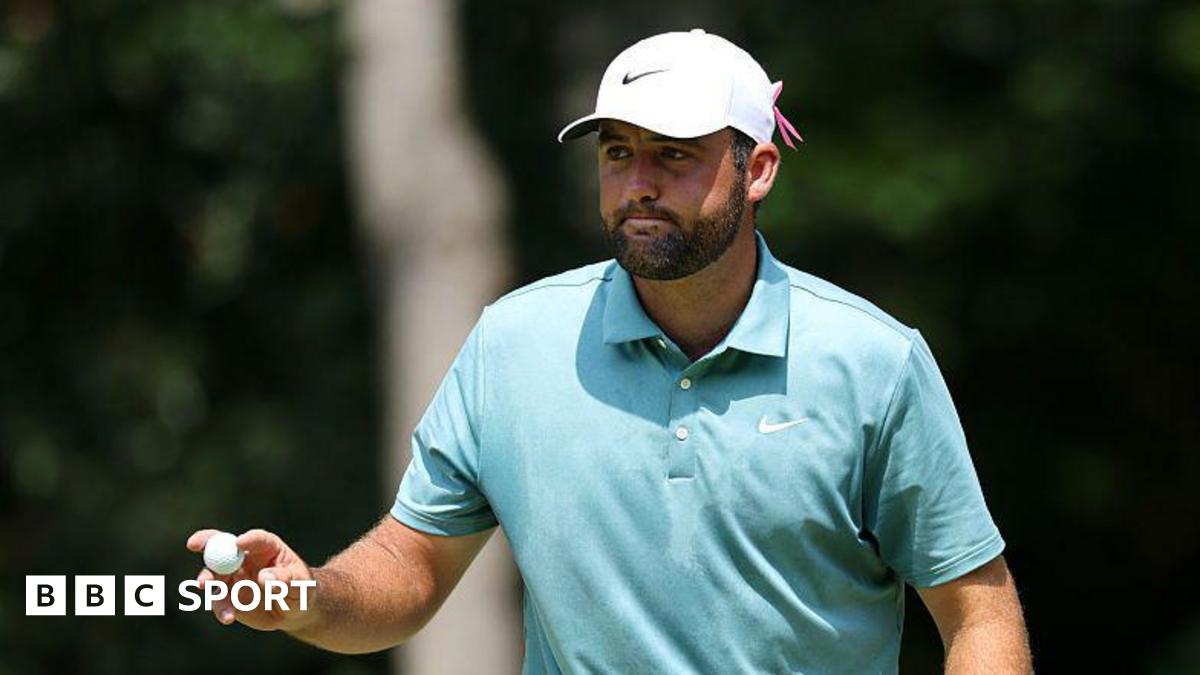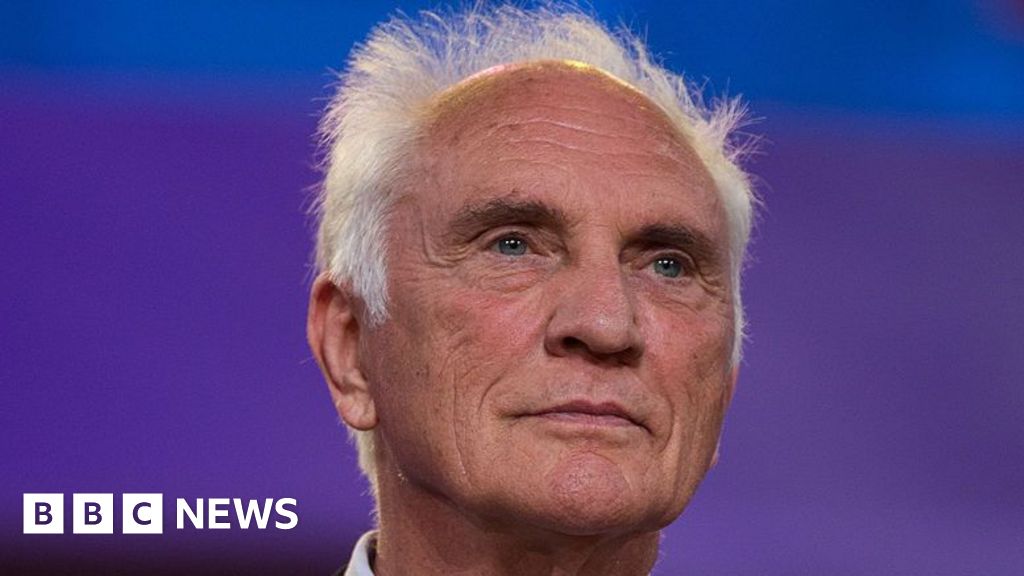The Democratic Nursing Organisation of SA (Denosa) has called on South Africans to give the contentious National Health Insurance (NHI) a fair chance, rather than pre-emptively labelling it as prone to corruption or failure.
In an interview with City Press this week, Denosa secretary-general Kwena Manamela said the union and its federation Cosatu supported the NHI from its inception and had engaged extensively throughout its policy development phases, from the green paper to white paper and ultimately the NHI Bill, which was signed into law by the president last May.
"We know this document [inside out]. It’s not new to us," he said.
Manamela said Denosa was part of the Friends of the NHI campaign, actively involved in countering what he described as a "negative narrative" dominating the public discourse about the NHI.
"It looks like the louder voice is the one that is criticising the NHI. We are supporting the NHI with understanding ... we also joined the friends of the NHI. Whatever the friends of NHI are doing, the campaigns and everything, we are part of that," Manamela said.
The NHI Act is a landmark policy for South Africa’s healthcare system. However, many critics have argued that the system could destabilise the healthcare sector due to corruption, funding constraints and potential inefficiencies.
Manamela emphasised that it was important to distinguish between infrastructure challenges in the public healthcare system and the NHI's core function. The new integrated health system would ensure access to health services for all South Africans, regardless of income. He argued that the public confusion stemmed from a failure to distinguish between two separate responsibilities: healthcare delivery, which the NHI fund would cover; and infrastructure, which would remain government's responsibility.
He said:
Let the fund take care of the healthcare of the people – fund it, pay for it – and let government take care of the infrastructure. Walls falling off, plumbing, roads: that’s not the NHI’s function.
He said the NHI would help redistribute the resources more equitably, for example, by encouraging medical specialists to serve in under-resourced areas rather than concentrating in places such as Sandton.
"If the fund says there’s R100 million in Mpumalanga, specialists will have to follow the money," he said.
On the issue of corruption fears, he was direct: "Whether there'll be corruption [or not] is another matter. We should not pre-empt corruption in the implementation of the NHI. We should allow it to come into effect."
On the concerns that the NHI would overburden the stretched public sector nurses, Manamela maintained this had no bearing on employment conditions, salaries or staffing. Those remained within the remit of the employer: the department of health. However, he acknowledged that Denosa was committed to improved working conditions for nurses.
"If there is a shortage of staff, we'll go to the staffing norms with the department. We'll fight with them," Manamela said.
He added that the shift towards a re-engineered primary healthcare model under the NHI would promote the prevention of diseases and reduce long-term pressure on the hospitals.
"When you prevent [diseases], you end up with a healthy nation," he said. "The greater use of preventive health services should not be seen as a burden, but a positive development."
READ: Healthcare sector coalition slams NHI Act, warns of deepening healthcare crisis
CONGRESS RESOLUTIONS
Denosa held its ninth national congress last month, which was attended by more than 400 delegates representing over 80 000 nurses from across the country. Manamela said a wide range of resolutions was adopted, focusing on organisational, political, international and socioeconomic issues.
Internal matters focused on modernising Denosa's operations and strengthening its membership base. Political alliances and international affiliations were also reviewed.
"If we are in alliance with the SA Communist Party, we'll go deep into that. If we are working with the ANC, we'll do that as well," he said, adding that the same level of scrutiny was applied to Cosatu and international affiliations to determine whether they still served Denosa’s interests.
From a socioeconomic standpoint, Manamela said bread-and-butter issues remained central.
He said:
We went deep into the issues of salaries, conditions of service and how we represent nurses at the bargaining councils. The congress also evaluated previous resolutions to track gains and identify losses.

CONCERN OVER DECLINING NURSE NUMBERS
Among the most pressing resolutions was the state of nurse training, a matter Manamela called a "very big danger" for the future of healthcare. He revealed that Denosa had convened the SA Nursing Council to address a sharp drop in the number of nurses graduating.
"The numbers have gone down in colleges. Some [colleges] have closed. Some institutions are not accredited because they're not meeting the standards," he said.
This, he warned, could spell disaster for South Africa. "If we look five or six years ahead, at the current rate the statistics show, we’re going to have a [staffing] crisis."
According to Manamela, Denosa was calling for more nursing education institutions to be accredited. He also raised concerns about the quality of training on offer and whether the current curriculum was producing the nurses the country needed.
"We are not saying they must do shortcuts, but they must be accredited," he stressed.
READ: Is this satire? New ad about NHI leaves people in stitches
SKILLED NURSES LEAVE
The exodus of nurses to countries abroad was a major concern raised at the congress. President Cyril Ramaphosa flagged the brain drain as a concern in his opening address. In January, Denosa voiced concerns about the shortage of nurses, which left healthcare workers facing heavy workloads, while 20 000 nurses remained jobless. While many nurses cited better opportunities overseas, Manamela offered a more nuanced perspective.
"There's movement of professionals from one country to the so-called richer countries," he said.
"But it's not always greener on the other side. There are other things you need to take care of once you're there,” he explained, referencing personal and professional challenges faced by nurses abroad.
Denosa was engaging with government on the possibility of structured agreements with other countries, which would allow nurses to work abroad temporarily as part of official exchange programmes.
Manamela said:
Let government know how many nurses are in Germany, what their qualifications are and what Germany is doing in return. You can’t have an intensive care unit-trained nurse working in an old-age home abroad [when they are needed here].
However, at the heart of the trend are domestic austerity measures and, as a result, many newly qualified nurses and doctors remained unemployed, even though public health facilities are understaffed.
"Government has cut budgets and is only filling so-called critical posts. When you have such a qualification, you can't stay at home while someone abroad is willing to employ you."
READ: 'We will not listen to a Zille or the DA': Panyaza Lesufi insists NHI will be implemented
BALANCING ALLIANCES: DENOSA'S RELATIONSHIP WITH COSATU, ANC
As a Cosatu affiliate, Denosa aligned with the broader tripartite alliance which includes the ANC and the SACP. But when healthcare policy clashed with the interests of nurses, Denosa maintained that its primary allegiance was to its members, not to any political party.
"We are not a political party. We [attend to] bread-and-butter issues. But we are not blind or ignorant about the politics that are taking place," Manamela said.
Its membership cuts across the political spectrum, but, on leadership and public representation, Denosa drew a clear line, he said.
"When our members join, we don’t ask if they are ANC, SACP or DA members. After work, members can do their political work; that’s their right. We don’t police that," he said.
"If you are representing the organisation, you must speak in line with what it has resolved. You can’t go against those resolutions. Be a member and enjoy the benefits. But, once you are a leader, you must read from the script."
Manamela insisted that the union did not hesitate to challenge government when necessary, particularly on healthcare policy. Denosa, he explained, made a distinction between political engagement and worker advocacy.
He said:
Everything we are not comfortable with, we raise. We know the engagement points. If we want to engage with the ANC, we know where to go. If we want to engage with the SACP, we know where to go.
"We're not confusing the platforms. Where we need to raise issues of workers and nurses, we engage directly and formally. But if there's a need to go to the streets, we go to the streets."
 (1).png)
 4 months ago
18
4 months ago
18

















